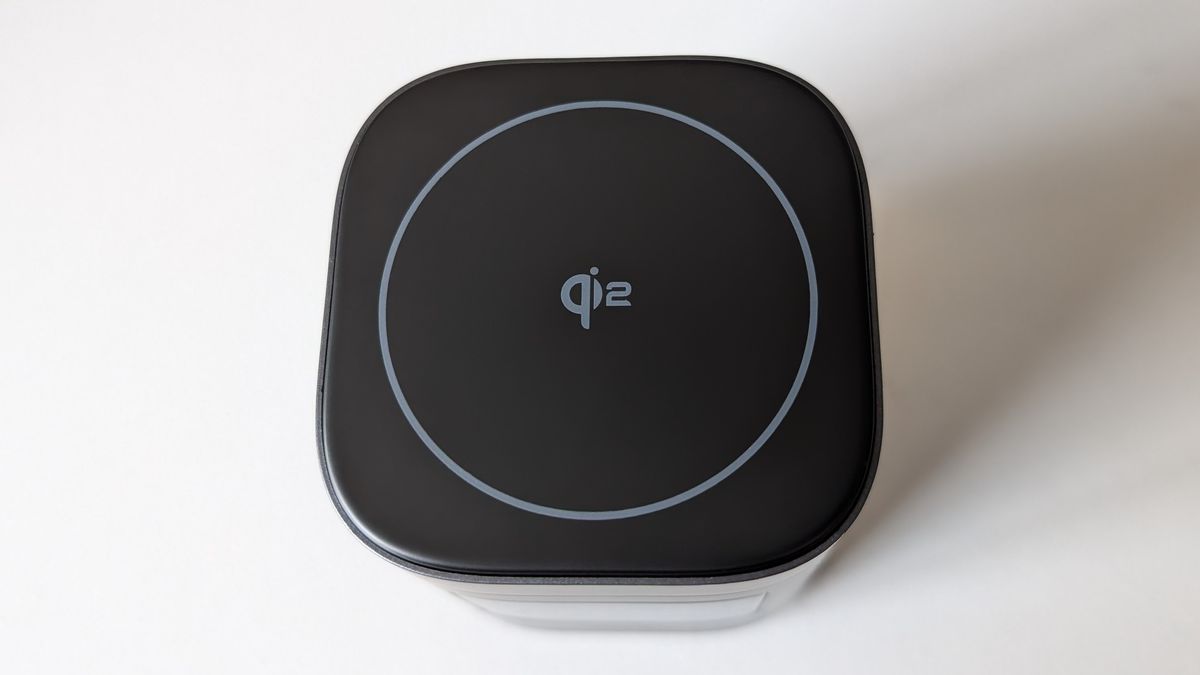Text size
Warren Buffett, chairman and CEO of Berkshire Hathaway.
Saul Loeb/AFP via Getty Images
Warren Buffett went on a buying spree in the stock market during the first quarter, when
Berkshire Hathaway
purchased $51 billion of equities, a quarterly record for the company.
Investors will be interested to see if Berkshire Hathaway (tickers: BRK/A, BRK/B) took advantage of the stock market’s drop in the second quarter to add to its $390 billion equity portfolio. The numbers should be available, along with details that can help investors assess the stock’s valuation, when Berkshire reports its second-quarter results on Aug. 6.
Whether Berkshire added to its huge stake in
Apple
(AAPL) during the period will receive lots of attention, too. Berkshire, headed by Buffett, bought about three million shares of the iPhone maker in the first quarter when the stock dipped into the $150s. The stock traded as low as $130 in the second quarter, which gave Buffett a potential opportunity to add to Berkshire’s largest equity investment.
Berkshire held 911 million shares of Apple at the end of the first quarter, a stake now worth about $148 billion with Apple rallying lately to $162. The overall equity purchases and sales and Berkshire’s Apple investment will be disclosed in Berkshire’s quarterly 10-Q filing, which is normally available at the same time as the company’s earnings release.
Berkshire added to its stake in
Occidental Petroleum
(OXY) in the second quarter and now holds about $12 billion of the energy company, Berkshire’s filings show.
The conglomerate has ample wherewithal to buy equities, given that it had $106 billion of cash and equivalents on its balance sheet on March 31. Stock purchases exceeded sales by about $41 billion in the first quarter, which reduced its cash balance from about $147 billion at the end of 2021.
Berkshire’s Class A shares, now at $451,700, are about flat this year, besting the
S&P 500
,
which is off around 13%. Berkshire shares, however, are down 17% from a late-March record high of $544,000. Berkshire’s Class B shares are trading at $300.60.
Wall Street also will be focused on Berkshire’s stock buybacks, which have slowed this year from a rapid pace in 2021.
Berkshire repurchased $3.2 billion of stock in the first quarter. The total was likely $1 billion to $2 billion in the second quarter through mid June, based on a Barron’s calculation derived from a Buffett filing on his stake in the company after making his big annual philanthropic contributions. Berkshire will disclose the full-quarter buybacks as part of its earnings release.
During 2021, Berkshire bought back its stock at a pace of about $7 billion a quarter. Buffett is price conscious; the company didn’t repurchase stock in April when the stock was near the highs for the year, he said at Berkshire’s annual meeting on April 30.
Investors are interested in Berkshire’s buybacks as an indication of whether Buffett views the stock as undervalued. During the first quarter, Buffett felt there were better opportunities in the stock market.
Berkshire’s earnings matter too, although investors don’t pay a lot of attention to quarterly results because Buffett regularly says to look at earnings over a longer stretch. Operating earnings are expected to have risen about 25% to $5,393 per class A share in the second quarter. Investors will be alert to any weakening in Berkshire’s housing-related businesses and any commentary the company offers about the economy.
The company is likely to report a loss in the second quarter due to the drop in the stock market, which depressed Berkshire’s huge equity portfolio. Paper gains and losses on the portfolio, which totaled $390 billion on March 31, flow through Berkshire’s income statement.
The drop in the equity portfolio probably also meant a decline in Berkshire’s shareholder equity, or book value, in the second quarter. Edward Jones analyst James Shanahan estimates Berkshire’s book on June 30 was at about $316,500, down 8% from around $345,000 on March 31. Book value, however, likely has risen lately with the stock market rally in July; Shanahan estimates book value will be at about $342,000 on Sept. 30 based on the recent value of the equity portfolio.
Berkshire stock trades for 1.4 times the estimated June 30 book value and 1.3 times projected Sept. 30 book value, but the latter is the more relevant figure. The price/book ratio has averaged 1.4 times in recent years, suggesting Berkshire stock is undervalued now.
Write to Andrew Bary at andrew.bary@barrons.com




















Discussion about this post